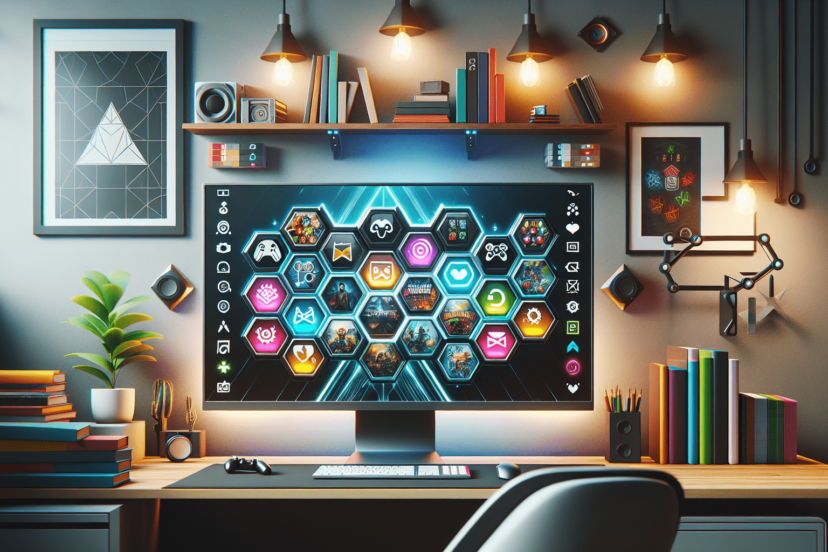How Do You Manage Digital Game Libraries?
Managing your digital game library can be a breeze with the right strategies! This article offers practical tips to help you organize, catalog, and enjoy your game collection without feeling overwhelmed. You’ll discover how to categorize games, utilize library management tools, and make the most out of cloud storage options. Say goodbye to the clutter and hello to a well-maintained digital sanctuary for all your gaming adventures. How Do You Manage Digital Game Libraries?
How do you manage your digital game libraries? It’s a question that many gamers may find themselves pondering. With the ever-increasing number of digital games available and the convenience of digital downloads, managing your game collection can become quite a task. But fear not! Here’s a friendly guide to help you take control of your digital game libraries, ensuring you can find and enjoy your games with ease.

Why Is Managing Your Digital Game Library Important?
Proper management of your digital game library can make a huge difference in your gaming experience. It helps you:
- Keep Track of Your Collection: Knowing which games you own prevents you from purchasing duplicates.
- Saves Time: Easily find the game you want to play without endlessly scrolling.
- Optimizes Storage: Manage your storage space efficiently to avoid clutter and running out of disk space.
- Enhances Performance: Well-organized libraries can improve system performance and reduce load times.
Assessing Your Gaming Platforms
First, let’s look at the various platforms where you might have games stored. Here’s a quick rundown:
- PC (Steam, Epic Games, GOG, etc.)
- Consoles (PlayStation, Xbox, Nintendo)
- Mobile (iOS, Android)
- Cloud Gaming Services (Google Stadia, Xbox Cloud Gaming)
Each platform has its own system for managing digital game libraries, but the principles we discuss here apply across the board.
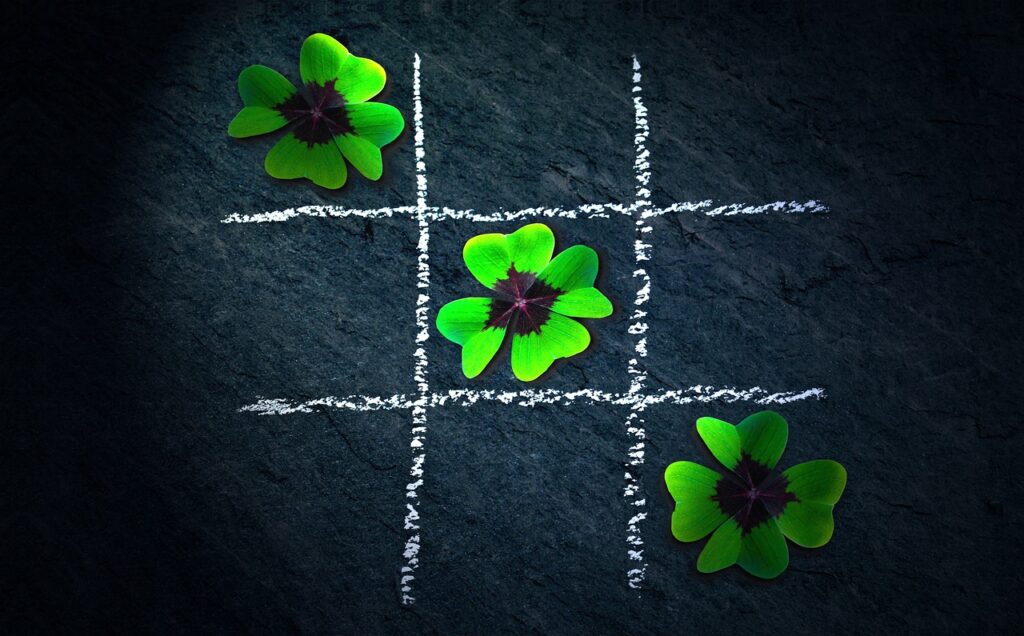
Organizing Your Digital Game Library
Categorizing Your Games
Organizing by categories can help you quickly find what you want to play. Here are a few ways you might categorize your games:
| Category | Description |
|---|---|
| Genre | Action, RPG, Puzzle, Sports, etc. |
| Status | Completed, In Progress, Not Started |
| Platform | PC, Console, Mobile |
| Multiplayer | Single-player, Co-op, Multiplayer |
| Release Date | Older Games, New Releases |
Most digital storefronts and platforms allow you to create tags or folders based on these categories. Take advantage of them to streamline your collection.
Using Game Launchers
Game launchers can centralize your digital game libraries in one place. Popular launchers include:
- Steam: One of the most comprehensive game libraries.
- GOG Galaxy: Allows you to integrate other platforms.
- LaunchBox: Great for emulation and wide-ranging library management.
By using a launcher, you can minimize the hassle of remembering where each game is stored.
Keeping an Inventory Sheet
Keeping an inventory sheet might sound old-school, but it’s incredibly useful. A simple spreadsheet can help you:
- Track which games you own.
- Note the platform and store where it’s installed.
- Record basic details like genre, release date, and status.
Here’s an example of what your spreadsheet might look like:
| Game Title | Platform | Store | Genre | Status | Notes |
|---|---|---|---|---|---|
| The Witcher 3 | PC | Steam | RPG | Completed | Installed |
| Animal Crossing | Switch | eShop | Simulation | In Progress | |
| Among Us | PC/Mobile | Steam | Multiplayer | Not Started | Backup saves to Cloud |
| Candy Crush Saga | Mobile | App Store | Puzzle | Not Started | Slow progress periodically |
Managing Game Updates
Automatic vs. Manual Updates
Most platforms offer automatic updates for games, ensuring you have the latest patches. However, automatic updates can also quickly consume your storage space and bandwidth.
| Pros | Cons |
|---|---|
| Always have the latest features and bug fixes | Can consume storage and bandwidth unexpectedly |
| Reduces manual work | Might update during inconvenient times |
Consider turning on automatic updates only for your most frequently played games and managing others manually.
Update Notifications
Keep an eye on release notes for updates. Knowing what has changed can enhance your experience and help with troubleshooting if new bugs arise.
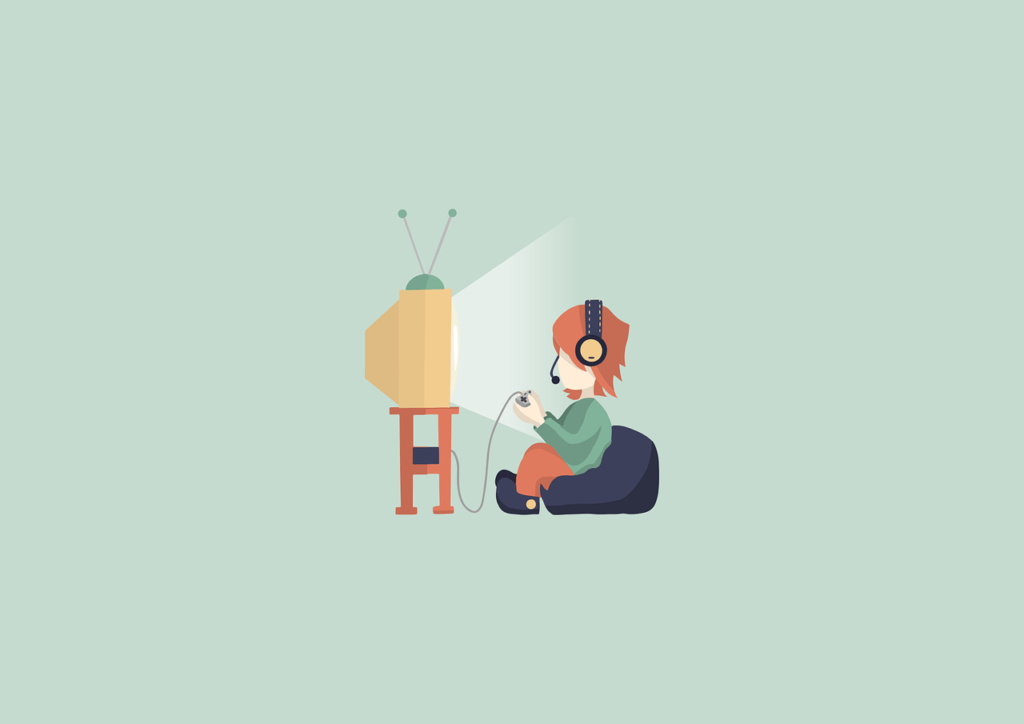
Backup and Restore
The Importance of Backups
Imagine investing hundreds of hours into a game, only to lose all your progress due to a system failure or accidental deletion. Regular backups are crucial to avoid such disasters.
Cloud Saves
Many platforms offer cloud save functionality, which is an excellent way to ensure your progress is never lost.
- Steam Cloud: Automatically backs up your game progress.
- PlayStation Plus: Offers cloud storage for save files.
- Xbox Live: Includes cloud saves with your account.
Local Backups
For games that don’t support cloud saves, consider making local backups. Periodically copy your save files to an external drive or a different partition on your computer.
Dealing with Storage Space
Storage Solutions
As your game library grows, managing your storage space becomes vital. Here are some storage solutions:
- External Hard Drives: Simple and cost-effective solution.
- SSD Upgrades: Offers faster load times.
- Cloud Storage: Services like Google Drive can be expensive but effective for non-large game files.
Optimizing Game Install Locations
Installing games on an SSD (Solid State Drive) can significantly improve load times compared to an HDD (Hard Disk Drive). Analyze which games you play most frequently and move them to your SSD.
Uninstalling Unused Games
Don’t hesitate to uninstall games you haven’t played in a while. You can always reinstall them later, and this helps free up valuable storage space.
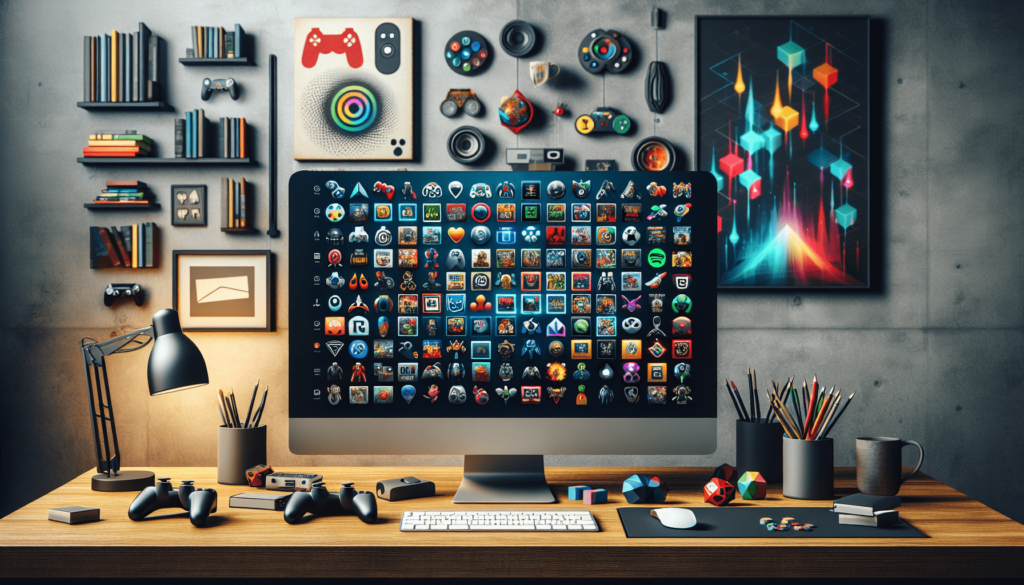
Managing In-Game Content
Downloadable Content (DLC) and Expansions
Keeping track of all the DLC and expansions you own for a game can be challenging. Make a habit of checking the store page of games for any recent content you might have missed.
In-Game Purchases
Games often come with microtransactions in the form of skins, weapons, and other items. Track your digital receipts to avoid unnecessary purchases.
Utilizing Tools and Software
Game Library Managers
Several tools can help manage your digital game library efficiently:
- Playnite: A free and open-source video game library manager.
- Razer Cortex: Focuses on optimizing game performance while managing your library.
Automation Tools
Use automation tools like IFTTT (If This Then That) to help manage updates, backups, and even tracking expenditures on games.
Budgeting Tools
Track your gaming expenses using budgeting apps like YNAB (You Need A Budget) or Mint. Setting up a dedicated category for gaming can help you keep your expenditures in check.
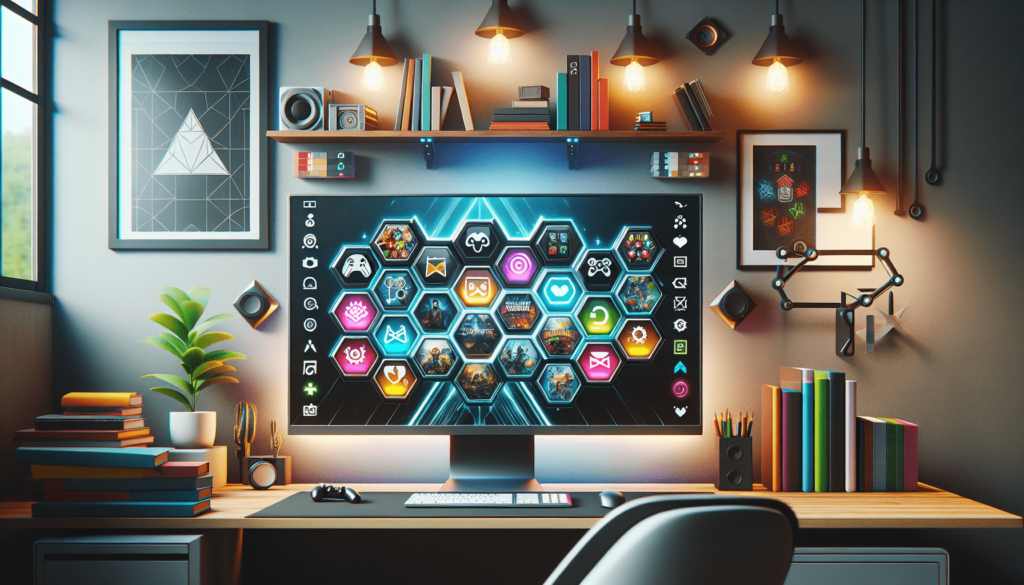
Engaging with Your Gaming Community
Forums and Social Media
Stay connected with the gaming community to keep abreast of the latest updates, tips, and recommendations. Dedicated forums like Reddit, NeoGAF, and specific Discord servers can be very helpful.
Reviews and Recommendations
Reading reviews and recommendations can help you decide whether to keep or uninstall certain games. Platforms like Metacritic, IGN, and user reviews on Steam and the Play Store are trustworthy sources.
Parental Controls and Family Sharing
Setting Up Parental Controls
If you have young gamers in your household, it’s essential to set up parental controls to ensure a safe gaming environment.
- PlayStation Family Management: Manages play time and filters games based on age ratings.
- Xbox Family Settings: Monitors screen time and content restrictions.
- Nintendo Parental Controls: Offers comprehensive control over game access.
Family Sharing
Most platforms offer family sharing options, which can help you share your game purchases across multiple accounts in your household.
- Steam Family Library Sharing: Allows up to 10 devices to share your games.
- Apple Family Sharing: Lets up to six family members share Apple books, music, and games.
- PlayStation Share Play: Share your game library with family and friends.
Staying Informed
Game News and Updates
Staying updated with gaming news helps you make informed decisions about managing your digital game library. Subscribe to newsletters from your favorite gaming websites, such as Kotaku, Polygon, or Gamasutra.
Keeping Up with Sales
Sales are a great way to expand your library without breaking the bank. Platforms like Steam, Humble Bundle, and Epic Games Store frequently offer discounts. Set up notifications for sales events like Black Friday, Summer Sales, and Holiday Discounts.
Troubleshooting and Maintenance
Regular Maintenance
Like any digital collection, your game library requires regular maintenance:
- Check and Clean Up: Periodically review your library and clean it up.
- System Updates: Keep your gaming platform software up-to-date for optimal performance.
- Clear Cache: Clears out unnecessary files and can help with system speed.
Common Issues and Solutions
Slow Load Times
If you experience slow load times, consider the following:
- Move Games to SSD: Improve load times significantly.
- Close Background Applications: Free up system resources.
- System Reboot: Sometimes, a simple reboot can solve various issues.
Game Crashes
For game crashes:
- Check for Updates: Ensure your game is updated to the latest version.
- Review System Requirements: Make sure your device meets the game’s system requirements.
- Reinstall the Game: Sometimes, a fresh install fixes many underlying issues.
Customer Support
When all else fails, don’t hesitate to contact customer support. Most platforms offer extensive help sections and support teams ready to assist.
Conclusion
Managing a digital game library doesn’t have to be a daunting task. With a little organization and the right tools, you can effortlessly keep track of, update, and enjoy your extensive collection of games. The key is to create a system that works for you, stay informed, and regularly maintain your library. Happy gaming!

